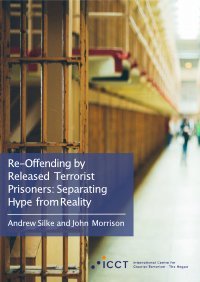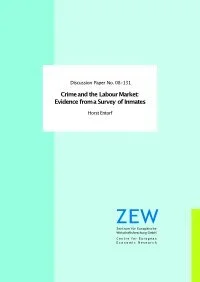By Rochisha Shukla, Ammar Khalid and Arielle Jackson
Through its participation in the John D. and Catherine T. MacArthur Foundation’s Safety and Justice Challenge, Pima County, Arizona, strengthened its transitional housing program as part of a multifaceted approach to address housing instability among people with histories of criminal legal system involvement, including people serving probation. As part of this program, Pima County’s Adult Probation Department provided referrals and financial assistance to people on probation in need of immediate housing. In this study, the Urban Institute assessed the effects of receiving transitional housing support on people serving probation, especially in terms of jail incarceration.
WHY THIS MATTERS
Housing instability, especially chronic homelessness, has been found to have strong links to jail incarceration. Not only are people with histories of criminal legal system involvement at higher risk of facing homelessness, but homelessness can be a major cause of further system involvement. This is particularly true for people serving probation, whose probation conditions require them to report and maintain a valid address, a violation of which can result in jail incarceration.
WHAT WE FOUND
Our main takeaways include the following:
The Adult Probation Department prioritized people with higher risk and needs when making decisions about funding for transitional housing. Accordingly, people who received financial support from the department to access transitional housing were more likely to have been charged with a felony at the time of original sentencing, more likely to be classified as higher risk based on criminogenic risk scores, generally had more formal violation petitions filed against them, were more likely to be on the Intensive Probation Supervision caseload than the Standard Probation Supervision caseload, and were more likely to have sentences entailing incarceration and probation terms.
The odds of a probation termination to jail were not significantly different for people who received APD funding for transitional housing and those who did not. These null effects, however, could owe to the program being in its early stages, which translated to small number of people served and limited data available on people who received transitional housing support.
Although we did not observe that transitional housing support had any effects on the odds of being incarcerated in jail, interviewed stakeholders perceived this support for people on probation to be a crucial stabilizing force and extremely meaningful to their well-being.
Washington, DC: Urban Institute, Justice Policy Center, 2022. 18p.









